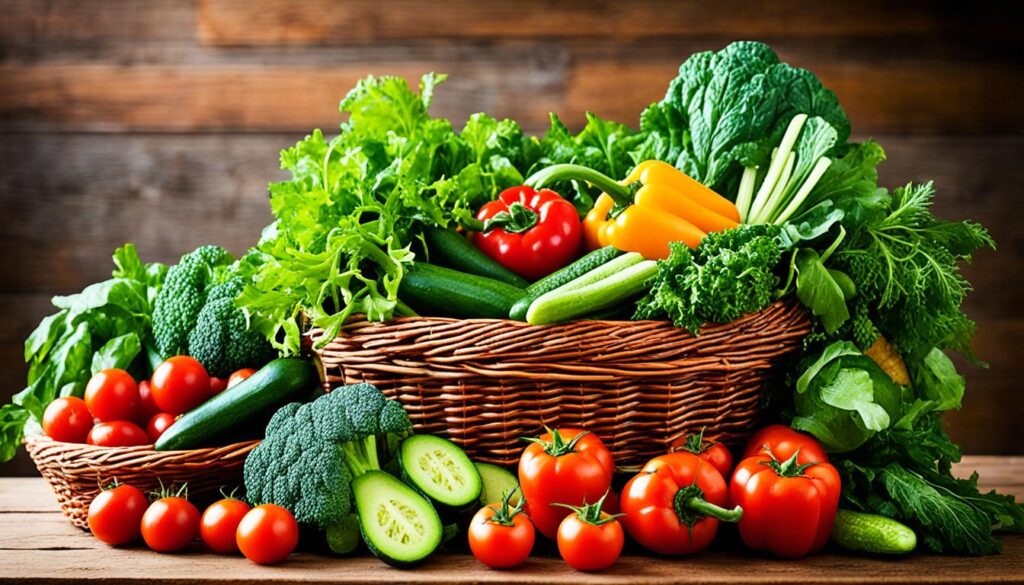Foods to Help Lower Cholesterol include foods high in soluble fiber such as oatmeal, barley, beans, Brussels sprouts, apples and prunes. Eating foods high in omega-3 fatty acids – such as salmon, tuna and flaxseed oil – may also be beneficial. Nuts like almonds and walnuts as well as avocados, olive oil and canola oil are other ways to lower cholesterol.
Consuming plant sterol-rich plant-based foods (fortified orange juice margarines or cereals) may help your blood to reduce its levels further; fortified orange juice margarines or cereals may help your maintain optimal cholesterol levels for longer. Eating healthily combined with regular physical exercise will ensure optimal cholesterol levels over time.
1) Oats

Oats are a delicious whole grain cereal often enjoyed as part of breakfast food. Packed full of complex carbohydrates, fiber, protein and essential vitamins and minerals, they make for an incredibly nutritous food choice that may lower LDL (“bad”) cholesterol levels as well as reduce heart disease risk. Oats also contain beta-glucan which has been proven to lower LDL (“bad”) cholesterol levels and may even help protect against heart disease risk factors.
2) Barley And Other Whole Grains

Barley is another nutritional powerhouse, similar to oatmeal in terms of its nutritive value. Packed full of fiber, protein and essential vitamins and minerals – not to mention its potential health benefits! Incorporating barley into daily eating habits has been associated with reduced risks of chronic diseases like heart disease, type 2 diabetes and certain cancers.
3) Beans

Beans are an abundantly-eaten legume worldwide. Beans provide plant-based proteins, complex carbs, fiber and essential vitamins and minerals; in particular, fiber may help lower LDL (“bad”) cholesterol levels to decrease risk for heart disease.
4) Eggplant And Okra

Eggplant and okra are staple vegetables found across cuisines globally. Both varieties boast low calories while being high in fiber, vitamins, and minerals – making them nutritious additions to any diet. Eggplant contains compounds called anthocyanins which have antioxidant properties and may help lower the risk of heart disease while its fiber helps slow glucose absorption into the bloodstream and regulate blood sugar levels.
5) Nuts

Nuts are a nutritious and convenient source of healthy fats, protein, fiber, vitamins, and minerals – they’re packed full of nutritious unsaturated fats as well as other vital nutrients, making them a nutritive food choice with several health benefits when consumed in moderation. Studies have demonstrated their potential to lower LDL (“bad”) cholesterol levels while simultaneously decreasing risk for heart disease thanks to unsaturated fats found in nuts’ high content of unsaturated fatty acids and other essential vitamins and nutrients. Despite being high calorie foods they help promote feelings of fullness by helping reduce overall calorie consumption – ultimately leading to weight loss or weight maintenance.
6) Vegetable Oils

Vegetable oils are extracted from various plant sources such as seeds, nuts and fruits. Olive oil, canola oil, sunflower oil and soybean oil are among the more commonly consumed vegetable oils; olive oil specifically is known to contain high concentrations of monounsaturated and polyunsaturated fats that help lower LDL (“bad”) cholesterol levels and mitigate heart disease risks.
7) Apples, Grapes, Strawberries, Citrus Fruits

Apples, grapes, strawberries and citrus fruits like oranges and lemons are incredibly popular choices of fruit around the world, consumed every day. All three contain essential fiber, vitamins, and minerals which make them nutritious additions to any diet. Apples provide especially high levels of soluble fiber – known to lower LDL (“bad”) cholesterol levels as well as reduce the risk of heart disease.
8) Foods Fortified With Sterols And Stanols

Sterol- and stanol-enriched foods are those which contain plant-based compounds with structures similar to cholesterol. Examples of such food products are margarines, orange juice and dairy products.
9) Soy

Soy beans are an easy-to-consume type of legume, often eaten as soybeans, tofu, tempeh or soy milk. A highly nutritious food source that is packed full of proteins, fiber and essential vitamins and minerals, soy makes a nutritious food choice!
10) Fatty Fish
Also Refer:- The Ultimate Checklist for Choosing the Right Health Insurance Plan for You
Fatty fish is a term used to refer to seafood high in omega-3 fatty acids, which have many health benefits including anti-inflammatory effects and can even reduce heart disease risk. Examples include salmon, mackerel, sardines, trout herring and tuna; in addition to omega-3s fatty fish is also an excellent source of protein vitamin D and other important nutrients essential to health; eating this way has been linked with reduced risks of cardiovascular disease stroke cancer and other serious illnesses.








